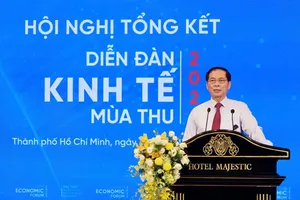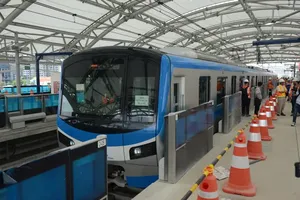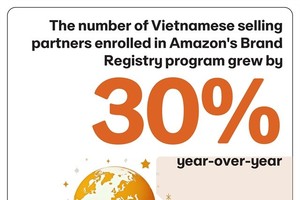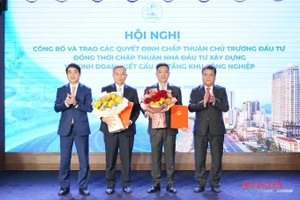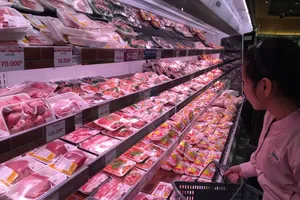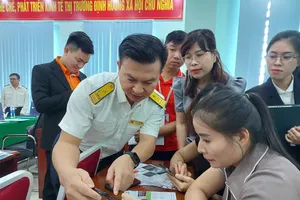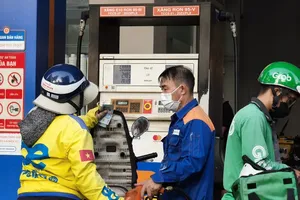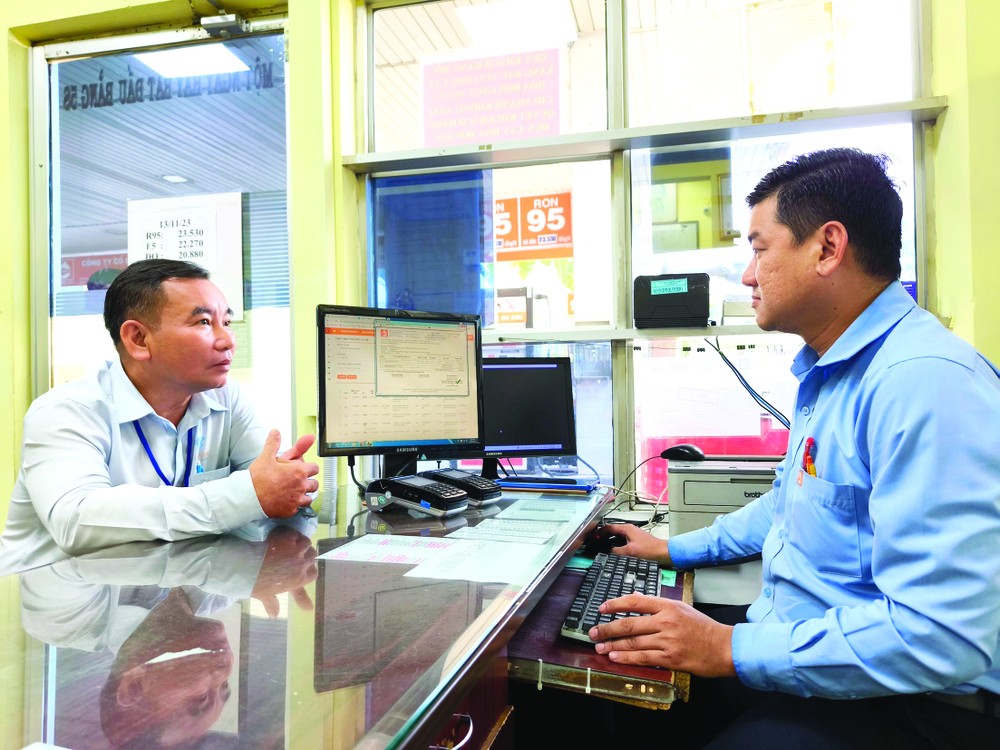
In Directive No. 01 dated June 4, General Director Mai Xuan Thanh of the General Department of Taxation required that from August 1, the e-invoice solution will be further deployed for the business types of selling golf course tickets and providing services within the course including costumes, equipment, and accessories for golf. These are services that generate large transaction values but they have not previously been implemented for e-invoices yet.
At the same time, the General Director of the General Department of Taxation requires directors of the tax departments in provinces and cities and the Tax Department for large enterprises to continue urgently reviewing, inspecting synchronously and comprehensively the declaration, tax payment, and use of e-invoices of organizations, households, and individuals doing business on e-commerce, doing business on e-commerce exchanges, affiliate marketing, providing digital content products and receiving income from advertising activities, providing software. Especially, he requested to focus on organizations and individuals that do business online, and livestream videos to sell goods and services.
To combat budget revenue loss, the tax sector will intensify inspections and examinations of the above-mentioned business types so that businesses can fully recognize their responsibilities, and commit to seriously complying with the declaration and tax payment regulations, the leader of the General Department of Taxation emphasized.
According to the tax sector, as of May 17, 2024, the e-invoice system has received and processed 7.78 billion invoices. The use of e-invoices saves up to 90 percent of the cost compared to paper invoices.
However, some sectors such as the petroleum sector, golf course services, e-commerce, and recently, gold trading have been moving slower because they have to wait for the Government's instructions before being implemented. These are sectors that have not been resolute in implementing e-invoices in the past, creating loopholes in tax management.
In a recent government meeting, Prime Minister Pham Minh Chinh instructed the strict implementation of regulations on e-invoices in gold trading activities. By June 15, any entity that does not implement e-invoices connected to the tax authority in gold buying and selling will have its license revoked.
According to the General Department of Taxation, to date, the e-invoice system has been operating stably and smoothly 24/7, bringing benefits not only to management work but also practical benefits to residents and businesses across the country. However, the development of e-invoice fraud is still complicated, causing budget revenue loss and even profiteering. Fraudulent acts mainly involve the establishment of ghost businesses that do not produce or trade but only purchase and sell fictitious invoices. Many businesses buy illegal invoices to deduct input VAT, reduce the amount of tax payable, use invoices to legalize smuggled goods and input invoices to increase the amount of tax refundable.
Head Nguyen Thi Lan Anh of the Small and Medium-sized Enterprises, Household and Individual Tax Management Department (under the Taxation General Department) said that the tax authorities have identified businesses established for invoice fraud often only operate for a short period of about 1-2 years, and then suspend operations, but do not go through the procedures with the competent authorities on business conditions and the tax authorities to avoid inspection and examination.
Talking about preventive solutions for ghost businesses, Ms. Nguyen Thi Lan Anh shared that the tax authorities have built a set of criteria for assessing e-invoice risks, and developed information technology applications to process e-invoice data; thereby, it can identify taxpayers with signs of fraud for inspection, examination and handling.
Tax authorities and police are working together to combat tax evasion. In 2023 alone, tax authorities have transferred documents of 88 cases to the police for investigation and prosecution. Conversely, the tax sector has also received more than 4,400 requests from the police to provide records and documents related to tax evasion. As a result, many large cases have been discovered and prosecuted.
From this reality, in order to combat tax evasion, Deputy General Director of the General Department of Taxation Mai Son said that in the coming time, the General Department of Taxation will strengthen coordination with the police to deter criminals in the field of tax management and invoices.
Deputy Director Nguyen Tien Dung of the Ho Chi Minh City Tax Department said that the implementation of e-invoices in general and e-invoices with codes from cash registers, in particular, has made a positive contribution to digitized tax management work, creating transparency, equality as well as improving the investment and business environment and creating the most favorable conditions for taxpayers.
In the past, the Ho Chi Minh City Tax Department has actively implemented e-invoices with codes from cash registers of business establishments in the retail groups selling directly to consumers. In particular, it has completed the implementation of issuing invoices for each sale for all retail gasoline stations in the city.


